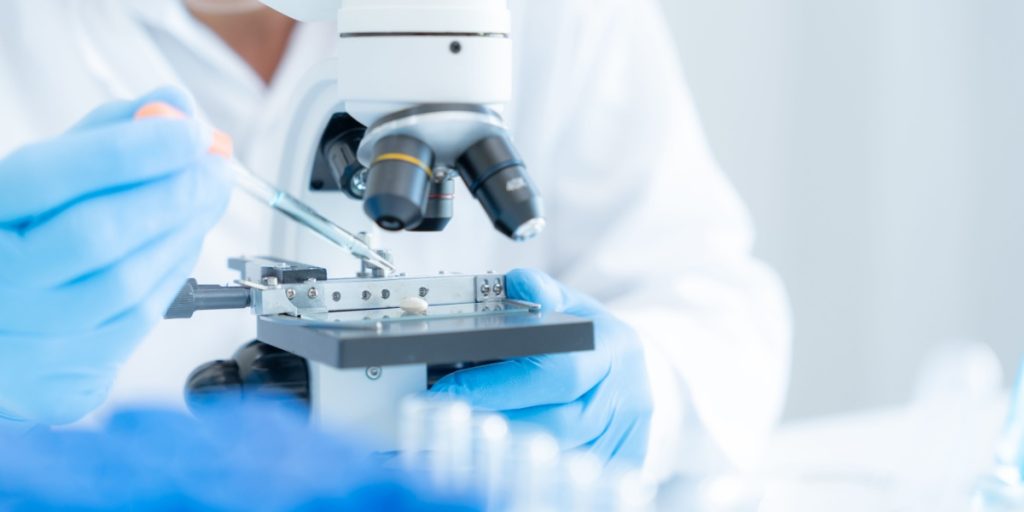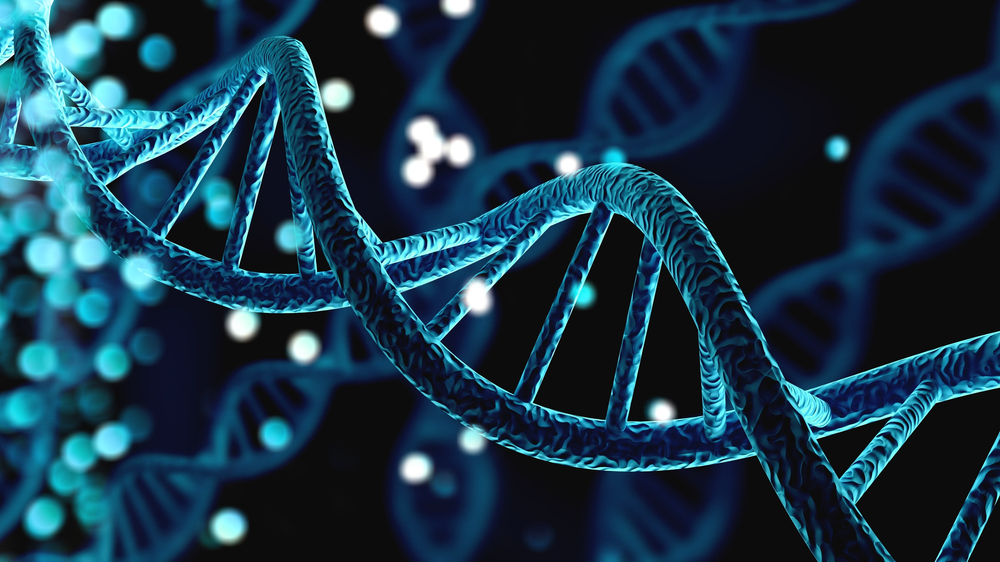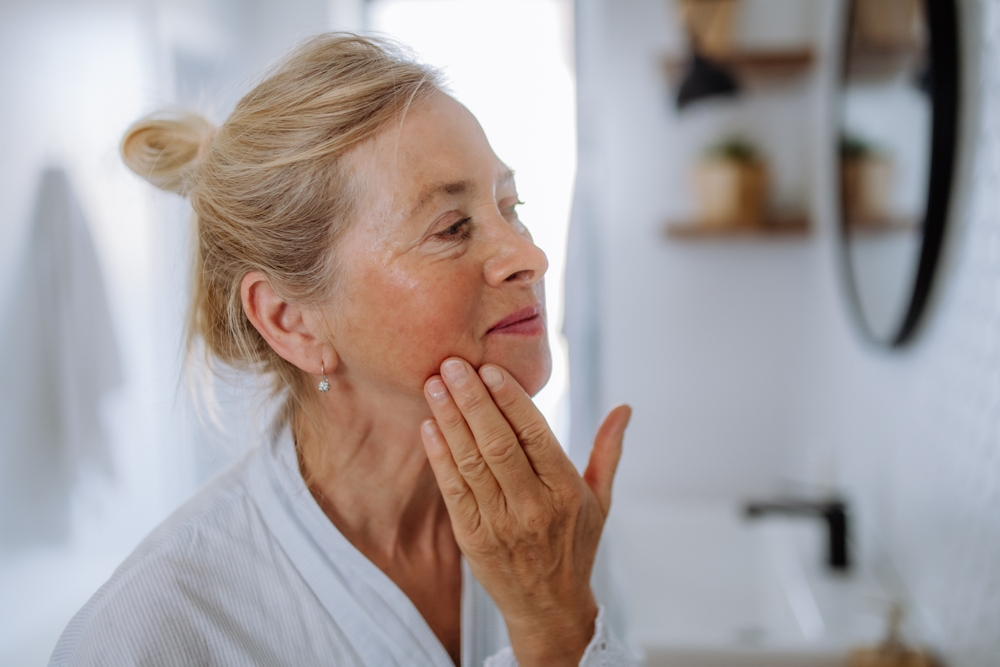Scientists have discovered two surprising life stages where your body suddenly ages faster—are you in one of them?
Others are reading now
A large-scale study from Stanford University has mapped biological aging in the human body.
It reveals two specific life stages where aging accelerates significantly.
Over 135,000 Biomarkers Analyzed

The research is based on extensive biological data collected from blood samples, tissues, and microbiomes.
In total, the scientists analyzed over 135,000 different biomarkers to understand how aging impacts the body’s systems.
Also read
RNA, Proteins, and Lipids Change with Age

As we get older, the composition of RNA, proteins, and lipids in the body shifts.
These molecules play vital roles in how the body functions, and their changes are especially pronounced during two key phases of life.
The Microbiome Undergoes Major Changes

The study also highlights significant shifts in the microorganisms living in the gut, mouth, nose, and skin as we age.
These changes can influence the immune system, digestion, and overall health.
Two Critical Life Stages Where Aging Accelerates

The research shows that aging doesn’t happen at a constant rate.
There are two key periods, around the ages of 44 and 60, when the body biologically ages more rapidly than usual.
These phases are marked by dramatic shifts in bodily functions.
Aging Affects More Than Just Your Skin

Aging influences a wide range of bodily systems — including metabolism, immunity, circulation, and organ function.
That’s why these two aging “leaps” are often felt both physically and physiologically.
The First Aging Leap – Around Age 44

At about 44 years old, the body begins to show more obvious signs of aging.
This includes changes in lipid metabolism, reduced tolerance to alcohol and caffeine, and early deterioration in muscle and skin quality.
The Second Aging Leap – Around Age 60

When you reach 60, the aging process accelerates again.
Researchers observed changes in carbohydrate metabolism, kidney function, immune regulation, and a higher risk of cardiovascular disease.
81% of Biomolecules Change in One or Both Phases

The study found that 81% of the biomolecules analyzed showed significant changes during one or both of these age windows.
This supports the idea that aging occurs in leaps rather than as a smooth, gradual process.
Biological Age Matters More Than Chronological Age

According to the researchers, your biological age — reflected in molecular and cellular changes — is a much more accurate measure of your health than your chronological age.
A New Understanding of Aging and Health

This groundbreaking study provides new hope that we may one day predict, manage, or even delay some aspects of aging.
By understanding when the body undergoes the most change, we can potentially personalize preventive strategies and treatments.
This article is based on information from Ppvak.fi.


